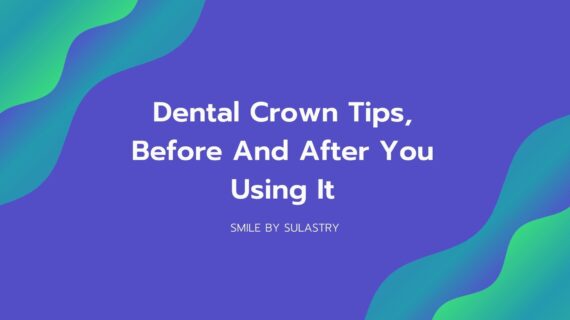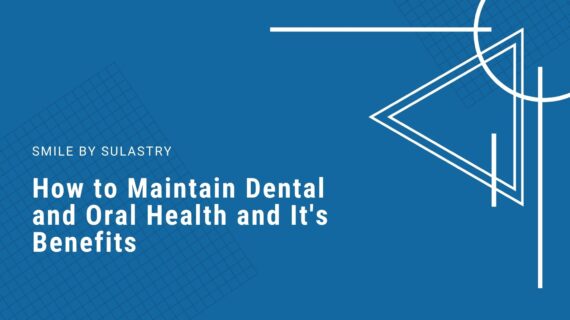Dental Crown Tips – Dental crowns are a kind of “flap” that are commonly placed on teeth for a variety of reasons. Usually this tool is used to help restore tooth shape, support a tooth bridge, protect a tooth that was once filled, or to prevent discoloration of the tooth. Like crowns, dental crowns function to improve appearance and protect teeth from further damage.
The structure of the teeth is very strong if cared for very well. Usually, teeth take a very long time to be broken. However, some conditions can lead to tooth decay or breakage, such as a badly damaged tooth or an injury that can result in a tooth fracture.
However, there are some problems that can arise from wearing dental crowns, most of which can be prevented by applying these dental crown tips.
1. Choosing the Right Materials
Before installing a dental crown, it’s a good idea to consider and choose the right materials so that later mistakes do not occur.
a. Checking Color
Before deciding to use a permanent dental crown, the dentist will definitely check and match the color of the crown with the teeth so that it looks natural. Your doctor should consult with you to get your approval of the choice. Use a mirror to look at the mouth around the teeth and assess their similarity in color. Do not hesitate to refuse the choice of a dentist if you do not agree with the doctor’s wishes, this is your mouth and you have the right to be satisfied with the appearance of the crown that you want to choose.
b. Always Check the Shape of the Crown
Next is to make sure the shape of the tooth crown is correct. A crown that is precisely the shape of the tooth will touch the tooth on both sides so that no food is stuck in the area. A dental crown that is not properly made allows food to get stuck in the crevices of the teeth. A crown that is too large can cause jaw trauma from biting the adjacent tooth. This trauma can progress to pulpitis.
c. Choose Strong Cement
Your crown can come off as a result of using weak cement. With a new crown, the cement tends to feel strong, but the old crown is more likely to come off as the cement has weakened.
d. Avoid Using Porcelain Dental Crowns
Porcelain is generally very brittle, and porcelain dental crowns come off more easily than metal-based ones. Choose a zirconia metal crown that is stronger and should be tiled so that it looks like natural teeth.
2. Eat the Right Way
After you put on a dental crown, the next tip is to pay attention to the right food and not to eat just anywhere.
Avoid These Foods.
a. You should not eat foods that have a hard and sticky texture.
Examples of solid foods include raw vegetables, candies that can break a tooth crown. Examples of sticky foods include caramel or sticky rice.
b. Be careful with cold food or drinks
Particularly with metal crowns, you may experience a little pain or sensitivity in your teeth after inserting the crown. This sensitivity is usually felt in the gum line.
c. Chew Slowly
Dental crowns can be pressure sensitive. So you have to chew, do it slowly and gently. If you experience pain, even if it’s mild, stop chewing and eat less so it doesn’t get worse.
3. Tips Perawatan Lainnya
Gigi mahkota yang dipasang rata-rata dapat bertahan 10–20 tahun. Kualitas mahkota gigi sangat mahal pada cara perawatan kesehatan gigi. Hal-hal yang disarankan oleh dokter gigi ketika crown gigi baru dipasang adalah:
- Jaga kebersihan gigi dengan menggosok gigi secara teratur serta gunakan benang gigi atau obat kumur.
- Hati-hati saat sikat gigi dan flossing. Ketika flossing, hindari yang menarik benang ke atas karena dapat melepaskan crown gigi.
- Kebiasaan yang dapat merusak gigi, seperti mengunyah es batu, menggigit kuku jari, atau membuka kemasan makanan dengan gigi.
References :

